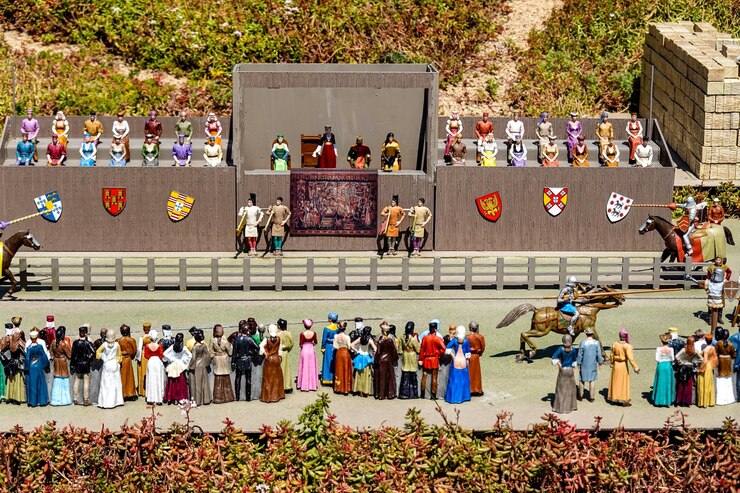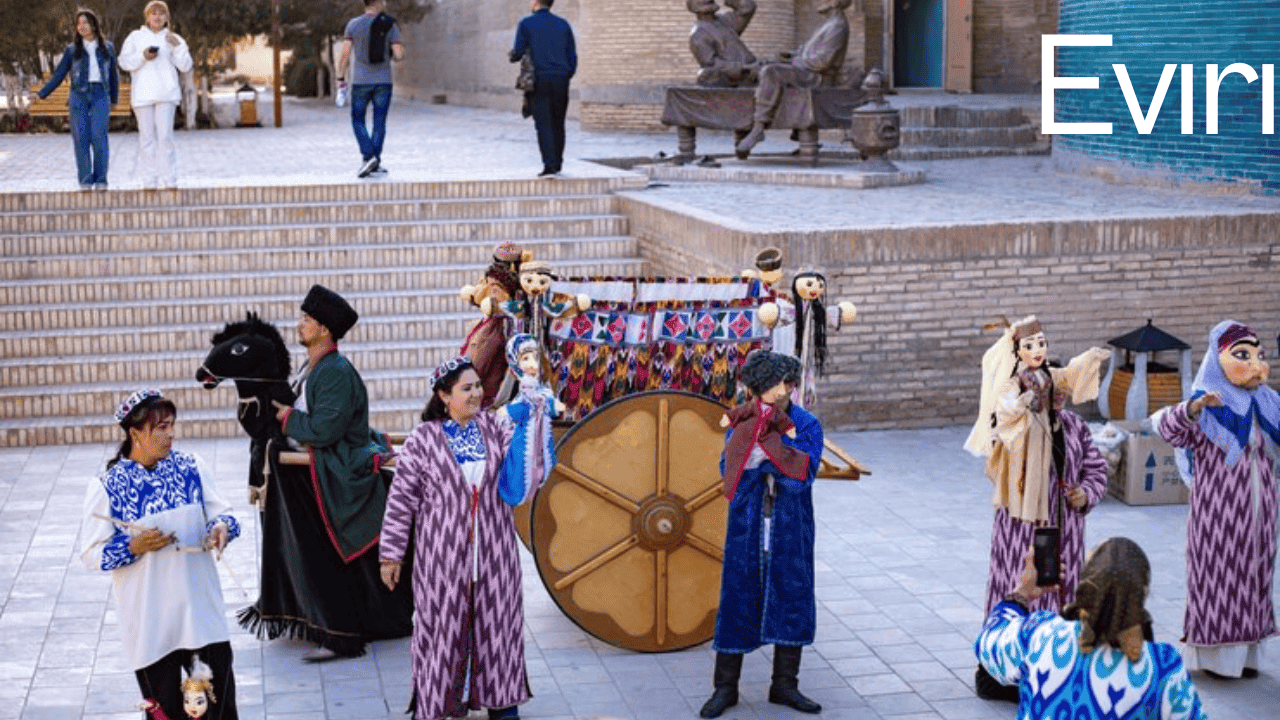Evırı is a word that carries rich historical, cultural, and emotional weight in Turkish society. It is much more than a simple term; it embodies a unique expression of community, unity, and tradition. While the word itself may not be widely known outside Turkey, its significance resonates deeply within Turkish culture, encapsulating the values of hospitality, togetherness, and shared history. This article explores the multifaceted nature of evırı, its cultural relevance, and its place in modern society.
What is Evırı?

At its core, evırı refers to a concept of gathering that emphasizes shared experiences and togetherness. It is often used to describe communal events where food, conversation, and social bonds take center stage. These gatherings are not merely about eating together but represent a deeper sense of belonging and mutual respect. The word is deeply intertwined with Turkish notions of hospitality, suggesting a space where everyone is welcome, and bonds are strengthened through shared rituals.
Historical Roots of Evırı
The roots of evırı go deep into the history of Turkey, stemming from the ancient traditions of the Anatolian region. In pre-modern societies, evırı symbolized the collective spirit that was necessary for survival. Communities often relied on each other for resources, support, and protection, and this sense of mutual reliance was reflected in the gatherings that evolved into modern-day evırı events. These gatherings were not simply about survival but about creating a space for connection, where stories, food, and memories could be shared, thus creating a sense of identity and continuity.
Evırı and Hospitality
One of the most defining characteristics of evırı is its association with Turkish hospitality. In Turkey, hospitality is more than just offering a cup of tea or a meal—it’s a fundamental cultural value. The saying “A guest is a gift from God” underscores this idea. Evırı gatherings are where this hospitality truly comes to life. Friends, family, and even strangers are welcomed into homes, where food is served, stories are told, and laughter fills the air.
Food plays a central role in these gatherings. Traditional Turkish dishes such as meze, kebabs, and baklava are not just meals—they are expressions of care and generosity. The preparation and sharing of these dishes are a ritual in themselves, one that strengthens social bonds and celebrates heritage. Families often pass down recipes through generations, turning each meal into a connection between past and present.
The Social Significance of Evırı
Evırı is more than just a social gathering; it is a celebration of the sense of community. It fosters belonging, as individuals come together to experience joy and shared purpose. These gatherings are often marked by collective activities such as dancing, singing, or participating in traditional games. In this way, evırı is a space where individuals transcend their personal lives and contribute to a larger social fabric.
In modern-day Turkey, while urbanization and the pressures of modern life have affected some traditional practices, evırı remains a cornerstone of social interaction. It continues to serve as a medium through which people maintain close relationships with their families and neighbors. Whether it’s a family dinner on a regular evening or a grand festival like Eid, the spirit of evırı binds individuals together in meaningful ways.
The Role of Food in Evırı
Food is central to the evırı tradition. The Turkish culinary tradition is as diverse as the people who make it, with regional specialties contributing to the rich tapestry of the country’s gastronomic heritage. Common foods shared at evırı gatherings include meze (small dishes meant to be shared), kebabs (grilled meats), and baklava (a sweet pastry). Each dish carries its own history and significance, and the act of preparing these dishes together strengthens familial bonds and allows for the sharing of both sustenance and stories.
One of the most cherished aspects of evırı is the opportunity it provides for family recipes to be passed down through generations. These meals are often prepared collaboratively, with each family member contributing their expertise. The preparation of these dishes can become a cherished tradition that continues to connect family members, even as they age or move away from home.
Evırı in Modern Society
As Turkey has modernized, the concept of avırı has adapted to contemporary life. Urbanization, globalization, and technology have all had an impact on how people experience evırı. Despite these changes, the essence of evırı—the spirit of unity, shared experience, and hospitality—remains intact.
With the rise of social media, people can now share their evırı experiences with a wider audience. This digital representation of community allows people to stay connected even when they are geographically separated. Virtual gatherings, often through platforms like Zoom or Skype, allow families to maintain their traditions despite the physical distance between them. While technology can sometimes disrupt face-to-face gatherings, it has also created new opportunities for maintaining the spirit of avırı in an increasingly globalized world.
Evırı and Cultural Identity
avırı is not just about social interaction; it also plays a crucial role in shaping Turkish cultural identity. It represents the collective spirit that binds individuals to their cultural heritage. As modernity continues to shape the landscape of Turkey, the tradition of evırı serves as a reminder of the importance of community and the values that have sustained Turkish society for centuries.
Festivals, holidays, and weddings are all occasions where avırı plays a central role in fostering unity and cultural expression. These events celebrate shared values and beliefs, reinforcing the idea that, despite the individualism that often marks modern life, the strength of the community is what ultimately holds society together.
Evırı and the Future
While avırı continues to be a cornerstone of Turkish culture, it faces challenges as society evolves. The rise of individualism, the pressures of modern life, and the impact of technology all present potential threats to traditional forms of community. However, there are also opportunities for avırı to adapt and evolve, ensuring that its spirit remains alive for future generations.
One way to ensure that evırı remains relevant is by embracing new technologies while preserving the core values that have always defined it. Virtual events, online cooking classes, and community-building platforms can all serve as ways to maintain the traditions of avırı in a rapidly changing world. Furthermore, community-driven initiatives that celebrate Turkish heritage and foster cross-generational interactions can help keep the essence of avırı alive.
Conclusion
avırı is much more than a word—it is the embodiment of Turkish culture, hospitality, and community. It represents the values that have shaped Turkish society for centuries and continues to be an integral part of modern life. From the sharing of food to the building of social bonds, avırı offers a space for connection, reflection, and celebration. By embracing both tradition and innovation, the spirit of avırı will continue to thrive, ensuring that its legacy endures for generations to come.










